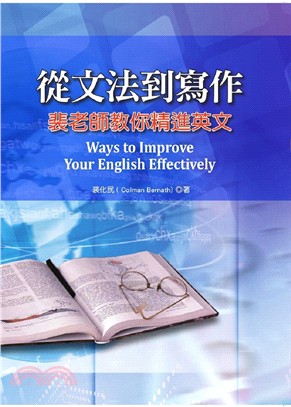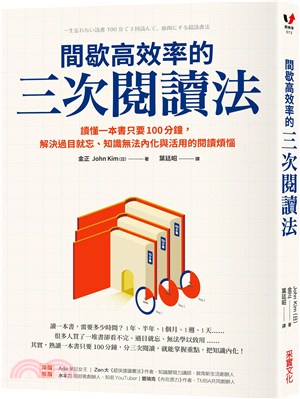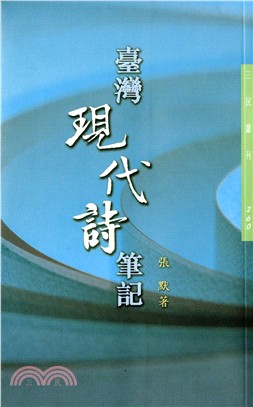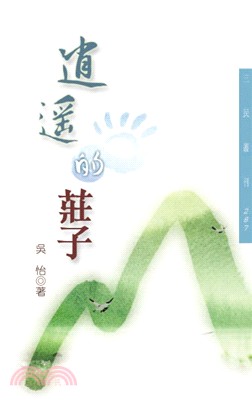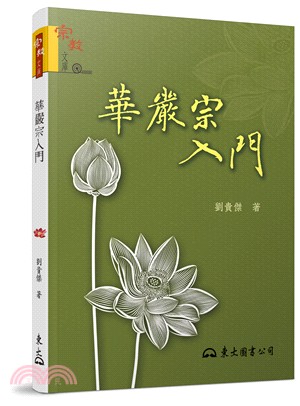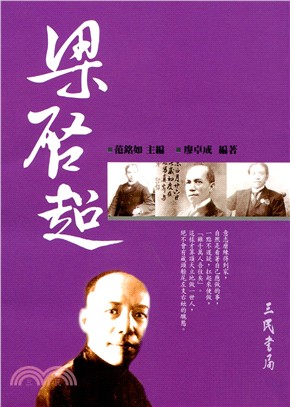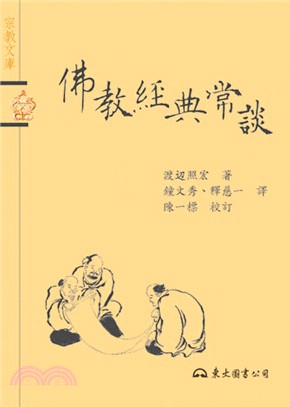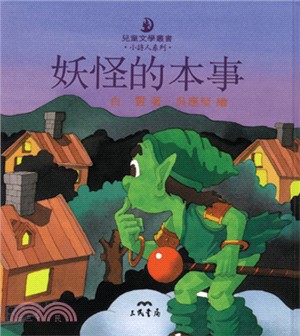商品簡介
裴化民教授 (Mr. Colman Bernath) 遺著Ways to Improve Your English,原由東吳大學校內出版,唯絕版已久,現由書林更名印行,再度問世。
裴化民老師於東吳大學教授英文閱讀、寫作、商業書信等課程逾三十年。裴老師批改學生作業極為認真,他生前整理30多年來批改學生英文作業所累積的材料,依其錯誤類型分門別類,是珍貴的英文學習教材,也是留給莘莘學子的寶貴遺產。
書中彙整出台灣學生常犯的文法錯誤、易搞混的字詞用法,再依其正確的用法和近義詞分類,佐以例句和練習,幫助學生習得正確的英文文法,從而提升寫作能力。全書按詞性區分不同章節,並在第一章先整理出常見錯誤,不論是自學還是課堂使用,都可以循序漸進提升學生的英語讀寫實力。
本書特色
●作者數十年教學經驗集結
●依詞性分類,詳解華人學生英文常犯錯誤
●中英對照編排,方便參考學習
●各章附有練習及解答,立即演練加強印象
●本書適用高中、大學生及欲加強英語的職場人士
作者簡介
裴化民教授 (Mr. Colman Bernath)
生於1930年,祖藉愛爾蘭。於東吳大學教授英文閱讀、寫作、商業書信等課程逾三十年。自2002年起擔任校長室英文秘書。裴老師為人謙和,批改學生作業極為認真,他將台灣學生英文錯誤依其類型分門別類,並樂於與同事分享。裴教授於2006年3月20日過世,他生前整理30多年來批改學生英文作業所累積的材料,是珍貴的英文學習教材,也是留給莘莘學子的寶貴遺產。
目次
第一章 常 見 文 法 問 題
1 common grammatical errors ???????????19
1-1 完成式使用注意事項 ???????????????????????? 20
1-2 陳述語態與假設語態 ???????????????????????? 23
1-3 不使用現在式的動詞 ???????????????????????? 25
1-4 部分否定 ????????????????????????????? 27
1-5 There is ????????????????????????????? 29
1-6 It ???????????????????????????????? 32
1-7 誤用主詞(一) ??????????????????????????? 35
1-8 誤用主詞(二) ??????????????????????????? 36
1-9 「目的」的表達方法 ???????????????????????? 38
1-10 不加to的不定詞 ????????????????????????? 40
1-11 直接與轉述語態 ????????????????????????? 42
1-12 副詞的位置(一) ????????????????????????? 45
1-13 副詞的位置(二) ????????????????????????? 47
1-14 副詞的位置(三) ?????????????????????????? 51
1-15 Such as... ???????????????????????????? 55
1-16 Because ... ??????????????????????????? 58
1-17 關於稱謂與詞序 ????????????????????????? 60
Review Test 1 Part 1 ?????????????????????????
書摘/試閱
1.1 完成式使用注意事項
1 現在完成式的基本型態:have+過去分詞
因為中文沒有完成式的型態,以致於學生常忘記使用完成式
2 過去式與現在完成式使用上有什麼差別?
過去式用在過去某個時間點上的動作,而現在完成式表示從過去到現在長時間持續的動作或狀態
3 什麼時候需要使用完成式?
當句子出現下列字眼時,通常與完成式連用。
(1) recently
(2) lately
(3) always
(4) since +時間起點
(5) for + 一段時間
4 表示「變成」的動詞,常使用現在完成式或是過去式。
(1) to change
(2) to become
(3) to turn (to be) + adj
(4) to get + adj
(5) to improve
(6) to deteriorate English verbs have a form called “perfect form” (完成式), which is made up of the auxiliary verb have plus the past participle of the verb.
[例] 動詞change的完成式型態有 have changed, has changed, had changed, has been changed等等
These perfect forms are quite often used in English, but Chinese verbs do not have this form. As a result, Chinese students often make the mistake of not using the perfect form in an English sentence where the perfect form should have been used. They often used the past (過去簡單式) or the present tense forms (現在式), instead of the perfect form.
When one speaks about a point of time (某一個時候), like "last night," one must use the past tense form (過去式),
Last night the weather suddenly changed.
But when one speaks about a period of time (某一段時間), like "in the last few weeks," one must use the perfect form (完成式).
In the last few weeks the weather has changed a lot.
It can help you make sure you use the perfect form always correctly if you note that whenever in the sentence there is the adverb recently, always, since or a prepositional phrase with for . . . or in . . . , like for three months or for a long time or in the last 10 years, then almost always the verb should be in the perfect form. Here are examples of student sentences, with corrections:
Recently I'm very busy. (X)
Recently I've been very busy.
Drug use is always a big problem in this country. (X)
Drug use has always been a big problem in this country.
I'm interested in psychology for a long time. (X)
I've been interested in psychology for a long time.
I play the piano for years. (X)
I've played the piano for years.
It is ten years since we moved to Taipei. (X)
It has been ten years since we moved to Taipei
Some verbs in English which themselves express change, like to change, to become, to turn (to be) + adjective, to get + adjective, to improve, to deteriorate, etc. are very rarely used in the present tense form. Most of the time they are in the perfect or the past tense form.
Just remember: whenever you have in mind the Chinese verb 變(成)了, use the perfect form. Examples:
Taipei becomes a very prosperous, international city. (X)
Taipei has become a very prosperous, international city.
Our society changes very fast. (X)
Our society has changed very fast.
Law and order deteriorates in Taiwan. (X)
Law and order has deteriorated in Taiwan.
主題書展
更多主題書展
更多書展本週66折
您曾經瀏覽過的商品
購物須知
為了保護您的權益,「三民網路書店」提供會員七日商品鑑賞期(收到商品為起始日)。
若要辦理退貨,請在商品鑑賞期內寄回,且商品必須是全新狀態與完整包裝(商品、附件、發票、隨貨贈品等)否則恕不接受退貨。




